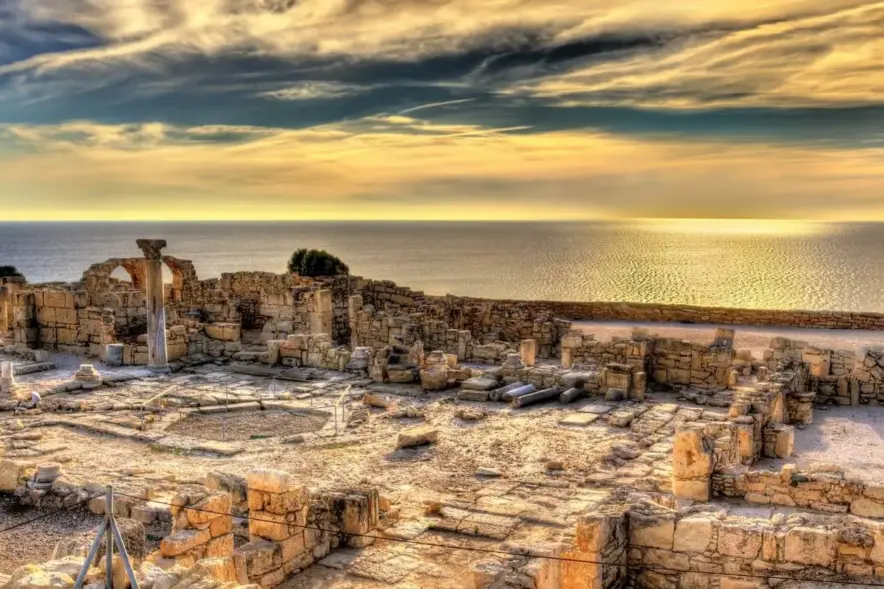New Testament holiness is a joyous privilege, not a heavy burden and duty.
Tag: christianity
Showed 19 to 27 posts out of 61 total under "Tag: christianity" category.
There are many crossings a human will make in a lifetime. Our introduction to life is just the first.
In the beginning, the Word already existed. The Word was with God, and the Word was God. He existed...
Right from the beginning the church was flawed, as Jesus always knew she would be, and she has been...
Derived from the Latin word fidēlis, fidelity is the quality of being faithful, loyal, accurate, or true. And it's...
The goal of being more like God doesn’t come naturally or happen randomly, it requires purposeful choice in a...
God is all about new beginnings. We see the story of humanity starting out in Genesis with a new...
“If the Spirit of Him who raised Jesus from the dead dwells in you, He who raised Christ Jesus...











